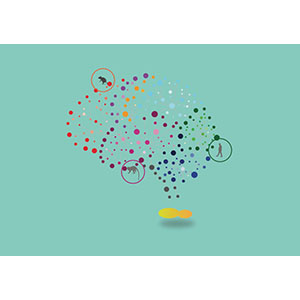October 23, 2023 Exploring the Ethics of Transplanting Human Brain Organoids into Animals Studies using so-called “chimeric animals”, in which cells from one species are transplanted into another, have brought about a number of ethical concerns and considerations. This is especially true for research involving transplantation into animals of human brain organoids, which are three-dimensional brain tissue derived from human pluripotent stem cells. Although this area of research has seen tremendous progress over the last few years, only a few studies have examined the relevant ethical issues. A major source of controversy regards the potential for cognitive enhancement of the host animal, but a myriad of other issues remain. In light of this, the researchers have taken the proactive step of examining these issues, including some speculative issues, in order to guide future research and encourage understanding and management of the ethics of this research as developments continue. The st



